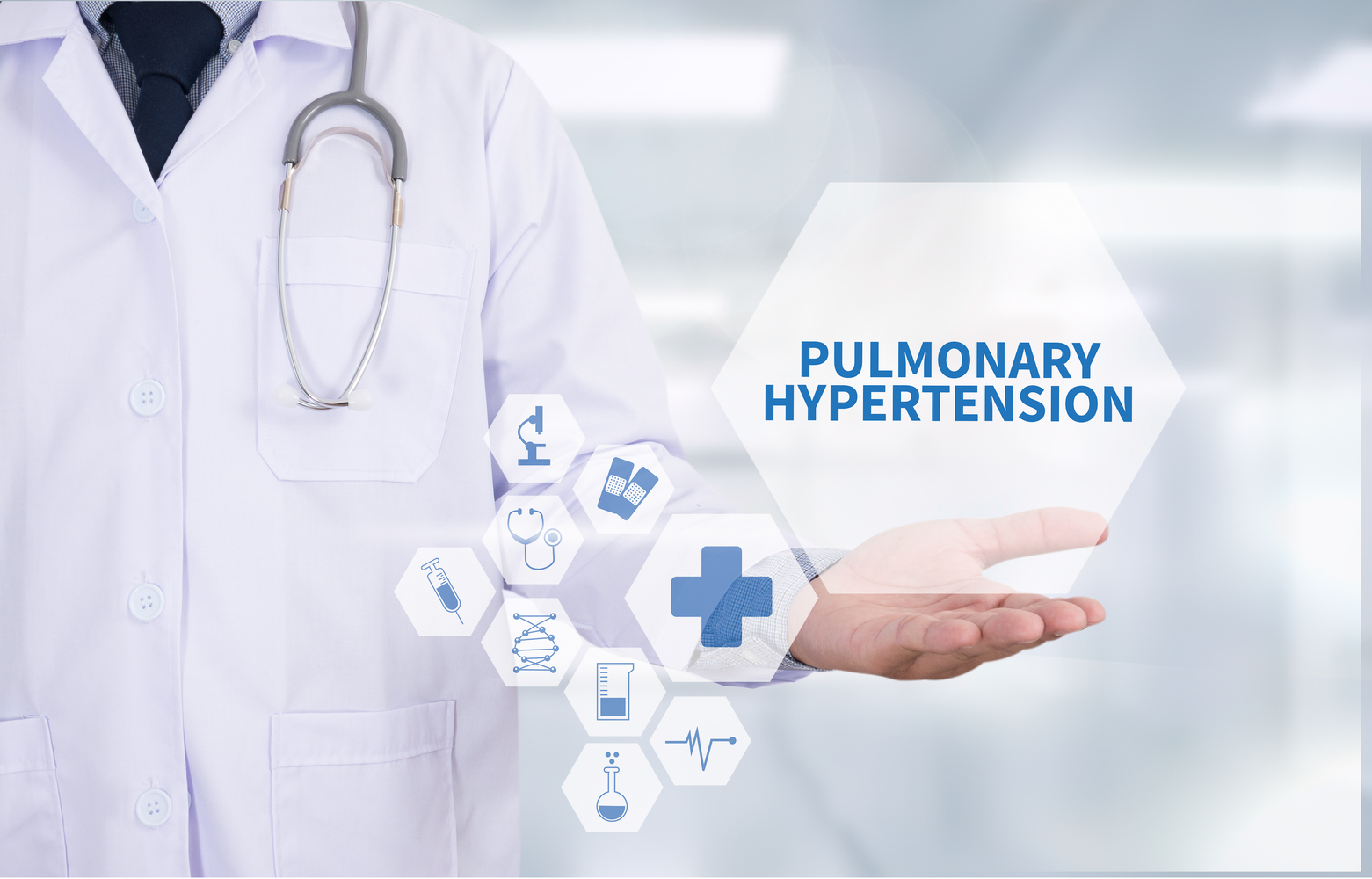
Pulmonary arterial hypertension – Causes and symptoms
Pulmonary arterial hypertension is a condition that worsens over time and can be life-threatening in nature. The only way to keep this disease in check is to ensure to undergo appropriate treatments to deal with the symptoms that can otherwise compromise one’s quality of life. This is not an easy process, but those who do take steps to plan their lifestyle, the condition then becomes manageable and allows them to go about their everyday tasks without much hindrance.
Pulmonary arterial hypertension is a condition wherein an individual has a high range of blood pressure in the arteries that travel from the heart to the lungs. This is not as similar to the regular condition of high blood pressure. In this particular condition, the lung’s tiny arteries end up being blocked or narrowed down. This causes difficulty in the flow of the blood and ends up increasing the lung’s blood pressure. As a result of the block, the heart is forced to function faster in order to transfer blood into these arteries, and this ends up causing the heart muscles to become weak. The consequence of the heart’s overworking and muscle weakening can lead to heart failure.
1. Main causes of pulmonary arterial hypertension
It is quite hard to pinpoint a particular cause as the reason for high blood pressure accumulation in the lungs. Given this difficulty with tracing the cause, the condition is referred to as idiopathic pulmonary hypertension. There is a possibility that genes can cause this condition in some people. In some instances, the cause of pulmonary arterial hypertension could be the result of another health disorder. Some of the conditions or diseases that have been associated with causing a high-pressure buildup in the lungs include the following:
- Blood clots in the lungs
- Congestive heart failure
- Liver diseases such as cirrhosis
- Abuse of illegal medications such as methamphetamine or cocaine
- HIV
- Autoimmune diseases such as lupus, scleroderma, and rheumatoid arthritis
- Heart defects since birth
- Lung diseases such as pulmonary fibrosis, emphysema, and chronic bronchitis
- Sleep apnea
2. Symptoms associated with pulmonary arterial hypertension
Most often, the symptoms don’t show up for a while. One of the main symptoms one will probably start experiencing is shortness of breath when one is doing certain activities. They usually start out slow and not really tire one in the beginning, but eventually, it ends up becoming worse and a major concern. Eventually, one will also start noticing that things that were once easier to do have now become quite hard in daily life; this is the phase when the condition is rapidly progressing. Some of the other symptoms that may manifest itself include fatigue, chest pain, swelling in the legs and ankles region, and passing out.
It is important to reach out to a medical practitioner if one experiences such symptoms or suspects that they might have pulmonary arterial hypertension. This is critical because early diagnosis goes a long way in easing and enhancing the quality of life.


